Between innovation and art, the world is its playground, and we keep looking for talent everywhere. Africa is a great place of creativity, with a lot of VR films shot there. What about the local talents? We met (virtually – stay home, stay safe!) with Ingrid Kopp from South Africa, producer at Electric South.
Crossing the Atlantic Ocean
Ingrid Kopp – I was born in South Africa and am based in Cape Town. I lived in the UK for quite a time, working in the television industry (Channel 4). Then I moved to New York where I got into the interactive industry, where my passion for the immersive and interactive medium started. I tried to bring some of it in South Africa with me. Now my work at Electric South is mainly to help to create an industry in Africa. I keep a foot in the US where I program for Tribeca. And of course I’m part of Immerse, co-produced with Dot Connector Studio and Open DocLab at MIT. I try to keep my head in both worlds!
I. K. – When I moved back to South Africa, a few initiatives existed but there was no real VR/AR scene. A few companies were doing things here and there, mostly commercial work, but in terms of exploring storytelling, immersive creative work and non-fiction ther wasn’t a huge amount happening. And I’m of course more interested in the story part of it. I co-founded Electric South with Steven Markovitz to incubate immersive projects with storytelling ambitions. We’re a non-profit, it’s really more like an institute rather than a company. We help creators, we look for money to fund work, we run workshops, we do distribution. It’s like building every part of the industry at the same time, with more initiatives all over Africa.
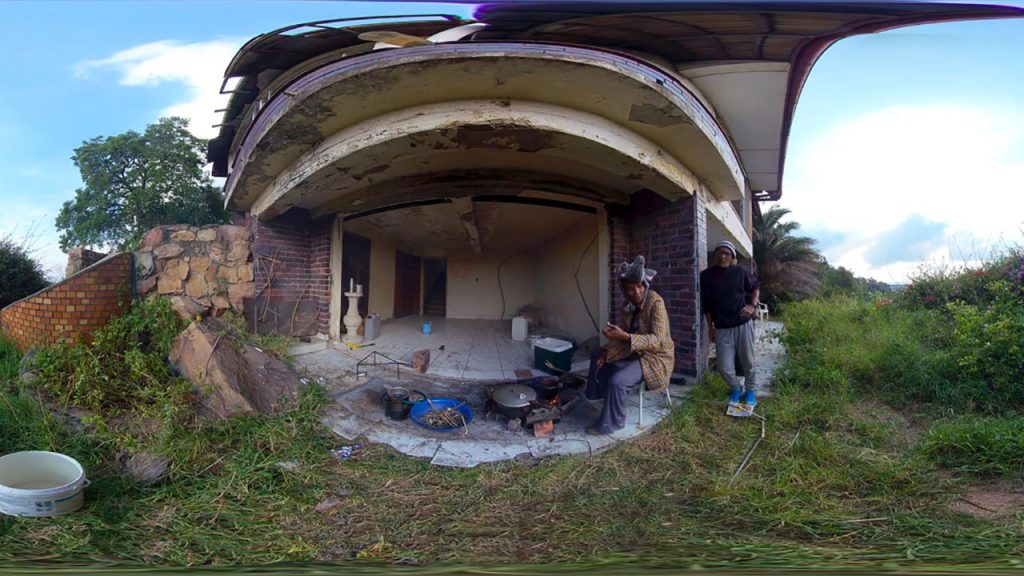
I. K. – As for Tribeca and Immerse, this is important for our work here because everything is about building bridges all over the world to help creators. The VR (storytelling) community is quite small, and we all really need each other! That’s why I like to do a little bit of everything.
Immersive Africa
I. K. – Our work in Africa can be difficult. We don’t have a lot of funding. But more than that, it’s really hard to get equipment here. And we don’t always have access to great internet, the bandwidth can be a real issue, we sometimes have power cuts. Immersive tech needs huge processing and large files. It’s a real challenge for us here. Within Africa, it’s often not easy to cross borders, to get visas, traveling with our cameras and other gear… Saying that, we’re part of a great consortium, Immersive Africa, and we meet with more and more great creators all around the continent to figure out how to solve these problems. In Johannesburg you have the great people of Eden Labs (link), in Nairobi Black Rhino VR (link), in Lagos imisi3D (link). A network is emerging, and we’re trying to build it. Amazing things are happening, through meetups etc.
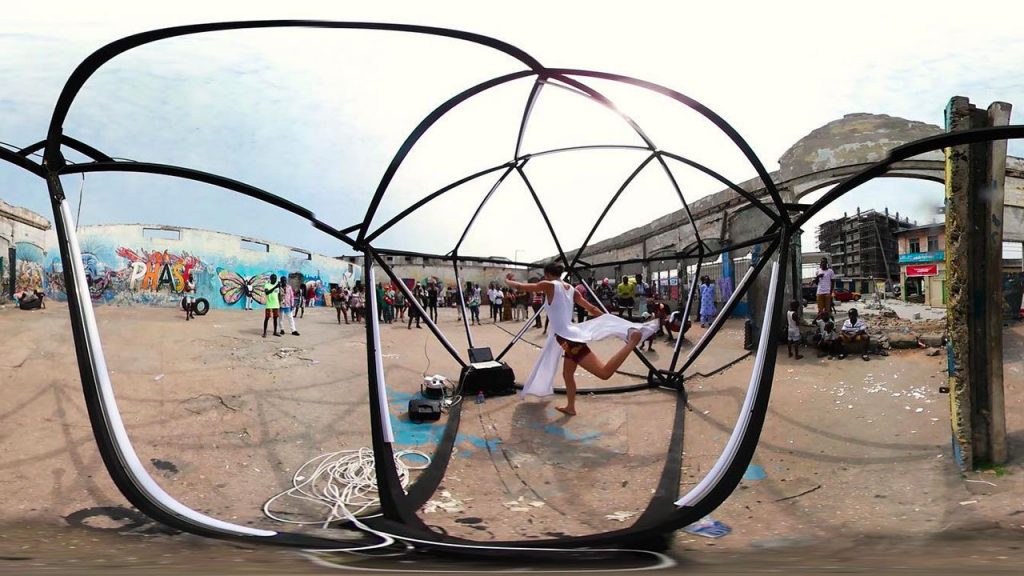
I. K. – Despite the often challenging access to hardware, we’re running workshops with world-class experts, such as Sarah Ellis (Director of Digital Development for the Royal Shakespeare Company), Jessica Brillhart (Director of the Mixed Reality Lab at USC), Darren Emerson (East City Films), Saschka Unseld and of course African mentors from across the continent. This year was great, we had Amy Seidenwurm from Oculus VR for Good. She came with Oculus Gears and Quests to be sure we would have enough equipment for the artists.
I. K. – Here everything started with 360, because it’s way cheaper. And a lot of people were originally filmmakers, and it was more natural for them to jump from cinema to 360 films. The workflow felt more familiar. Now, more and more people are looking into room scale projects and stories created through game engines. It’s amazing, but it can take a lot longer because the budgets are usually higher. Plus, immersive creators are not necessarily creative technologists, and that’s needed to build bigger interactive projects. We’re excited to start doing more of this kind of work going forward.
Next step(s)
I. K. – South Africa is an amazing place, we have access to gorgeous space and great talent. However it can be hard to get visas (from african countries), and we have a sad history of xenophobic violence. Nigerian artists in particular have not felt very welcome here this year which is hearbreaking. It can make pan-african collaboration difficult which is at the heart of the work of Electric South.
I. K. – Now everything is kind of frozen (due to the current coronavirus situation) but we are looking into ways we can work online and we are keen to do more work with French-speaking Africa in the future.
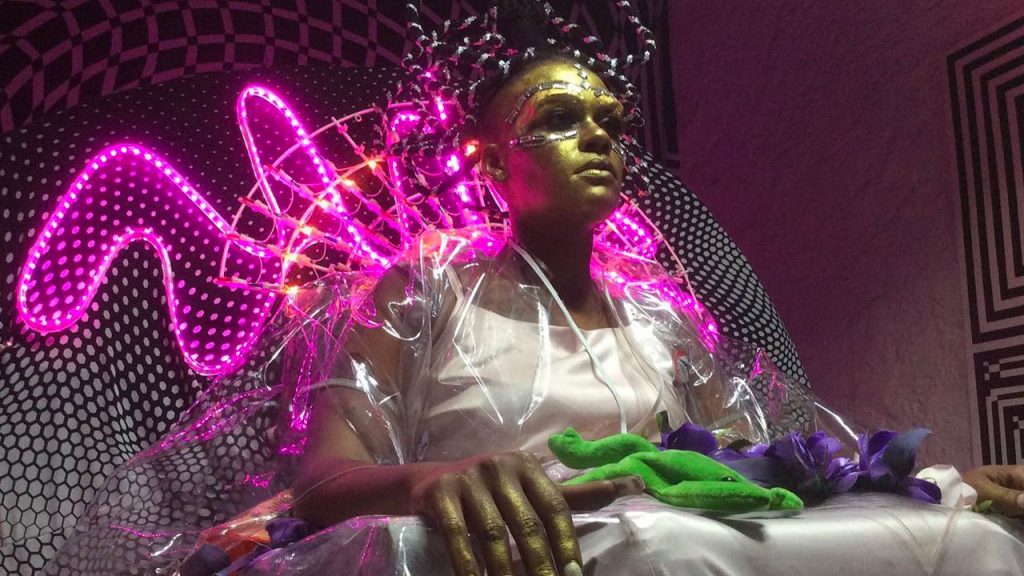
I. K. – Festivals are important to bring attention to the audience about our industry. What is even more important is then joining the dots between what happens at festivals and what’s happening after. Where the pieces are going, which events or places… We have amazing pieces of art to share, it will be great to see more museums, libraries, public spaces providing space and audiences for us. Not just fancy museums, but also community spaces. This is what we are working on here; we just hired a distribution consultant. A few immersive events exist in Africa, but not enough. We would love to create pop-up screenings, to partner with existing festivals. There are a lot of opportunities, we have to make it happen! Our challenge is to create our own distribution model, something that works for Africa.
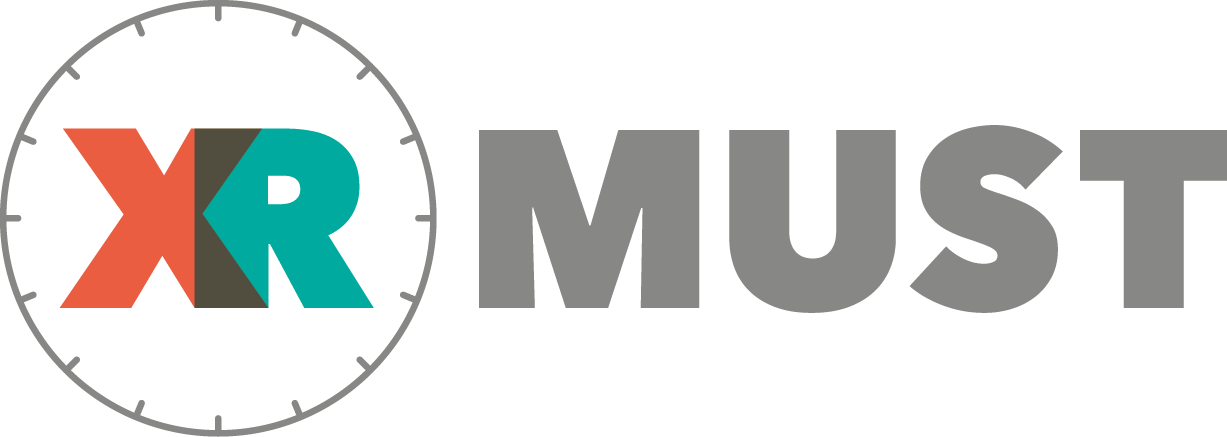
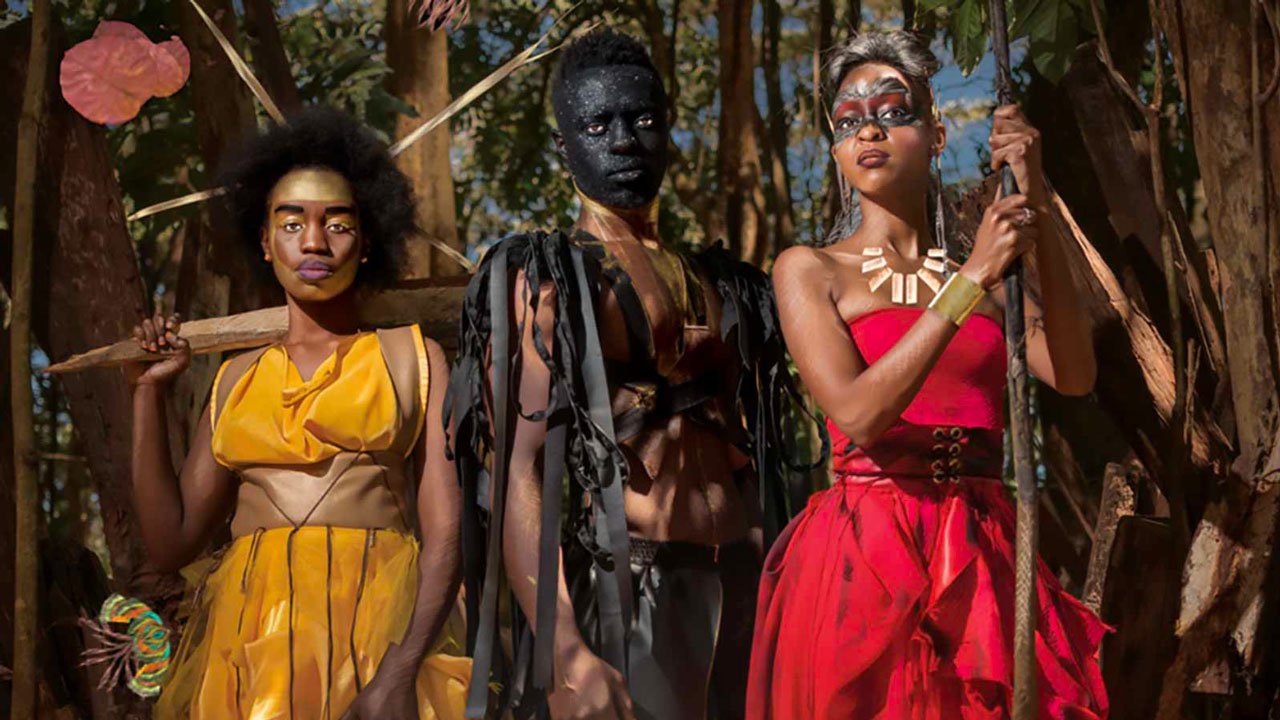

Leave a Reply
You must be logged in to post a comment.